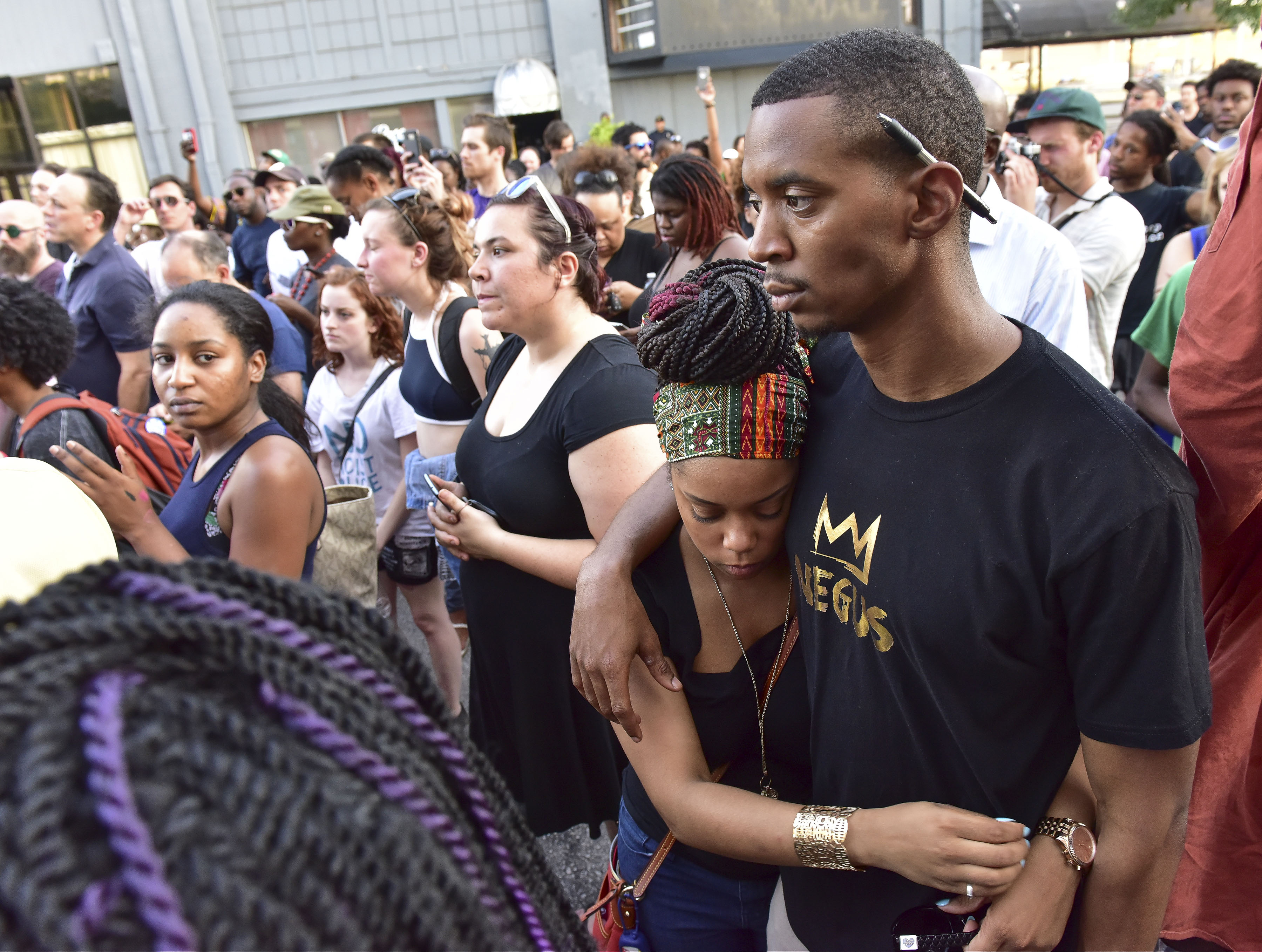
By Ariel Worthy
The Birmingham Times
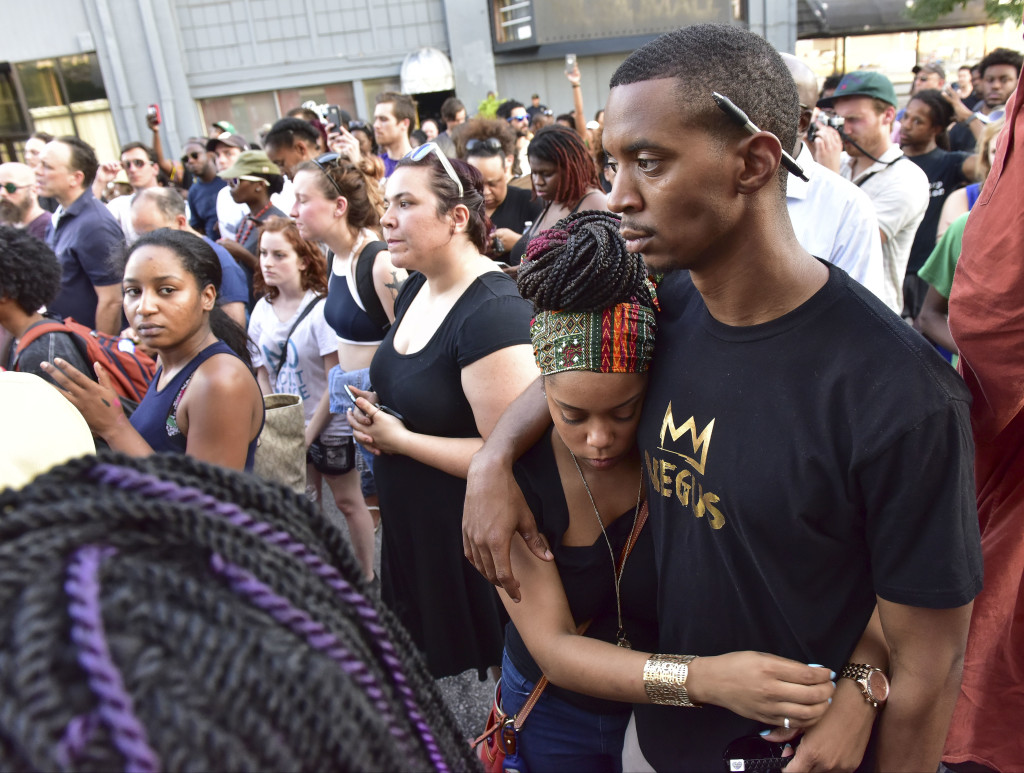
Black America took it personally.
Video footage of Alton Sterling being shot in the chest by police officers in Baton Rouge and video of Philando Castile slumped over after being shot four times in his car and taking his last breaths in front of his girlfriend and her 4-year-old daughter went viral on social media.
Celebrities like Zendaya, Jay-Z, Jesse Williams, Katy Perry and Beyoncé, who came under fire earlier this year for her video Formation and who was accused of being anti-police, made statements about the killings of Sterling and Castile.
“We are sick and tired of the killings of young men and women in our communities,” Beyoncé said in a statement on her website. “… we don’t need sympathy. We need everyone to respect our lives.”
The recent shootings sparked a discussion that is taken very seriously in the black community: how to interact with the police.
Desensitized
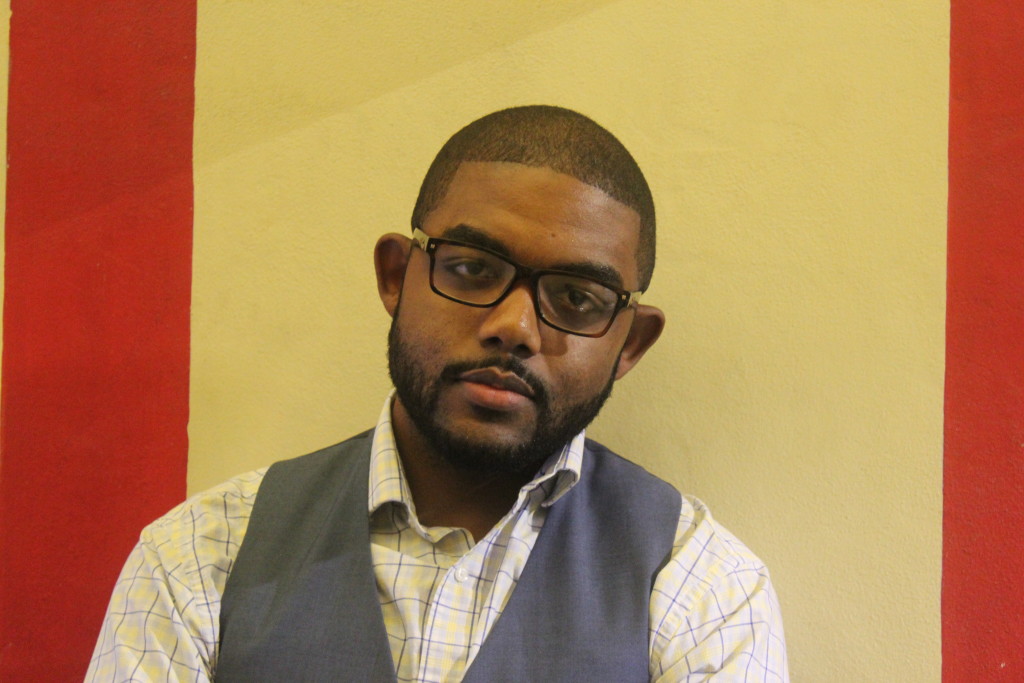
During a series of interviews last week, young black males in the Birmingham area said the police shootings left them numb.
“I’ve always known how to act around a police officer,” said Jason Henry, 32, a millennial, who grew up in Bessemer and now lives in McCalla. “I know how to be respectful, but if he views me through a lens of hate, there’s nothing I can do about how he might react to me.”
Henry, who has a 3-year-old son and 6-year-old daughter, said he does not want his children to fear the police.
“I would be hurt if my son feared [the police],” Henry said. “My wife and I don’t teach our children to fear them, but there hasn’t been a generation of black people in this country that didn’t have to grow up with some type of fear of authority. Whether slavery, Jim Crow, sending scores of black men and women to prison in the ‘90s; there has always been some sort of fear inserted into our psyche.”
When he saw the videos of Sterling and Castile, he was completely shocked, Henry said.
“I think that people of color are getting to the point where they’re getting beat over the head with this every year,” he said.
Distrust
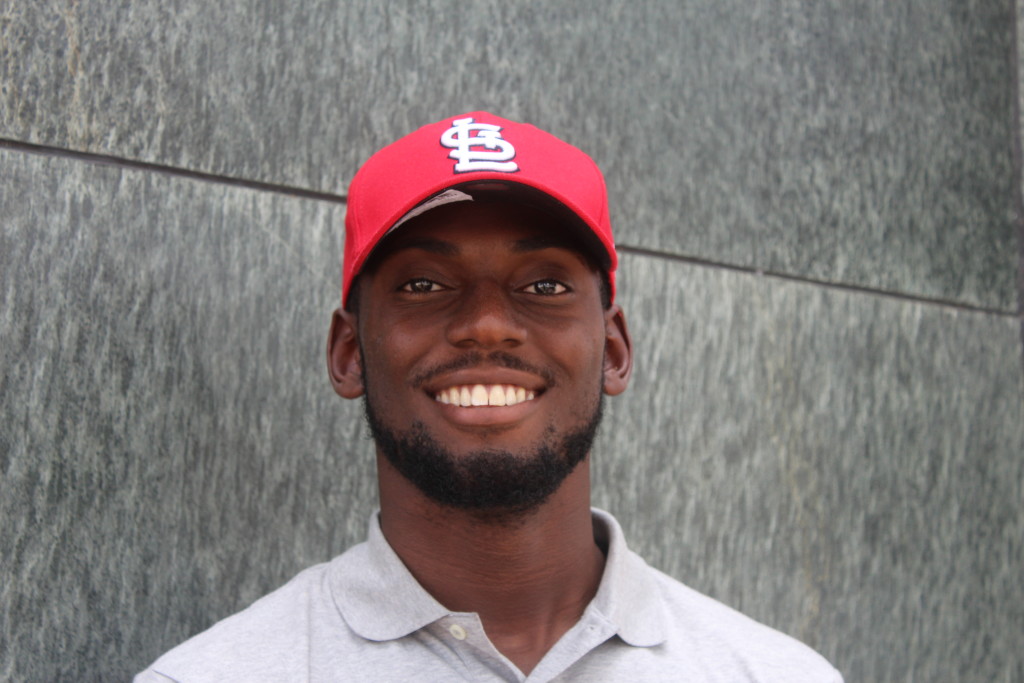
Henry said he thinks the Dallas shooting, which left five officers dead, is not the boiling point.
“It seems to me that it’s bubbling up to something that I think the rest of America may not be ready for. I don’t think that it’s boiled over, because if it did we’d have a Watts, LA riot situation on our hands,” he said.
Seeing so many black men killed by police and having negative experiences with law enforcement have made him less empathetic to the police, Henry said.
“I’ve had a gun in my face from a police officer before,” he said. “I didn’t feel it was warranted, but he (the officer) did. I’ve been pulled over for a tail light that wasn’t out.”
Chris Ruffin, 22, a Birmingham area millennial, said he’s never been a fan of law enforcement.
“I don’t think they’re all bad, but I feel like some of them abuse their authority and they don’t have the proper training . . . a lot of people in law enforcement get into that position because they want to have power against someone else. And they see their uniform as a form of control.”
Ruffin said he believes the distrust between blacks and law enforcement stems from “a lot of people in general are afraid of black people”. “I feel like some cops are really scared for their lives when they come in contact with an African American.”
Ruffin said when he saw the recent videos of Sterling and Castile he was numb to the shooting.
“When Trayvon Martin got killed (in 2013) it really hit home to me because we were around the same age, but now it’s like ‘I expected something like that to happen,’” he said.
Sharing the videos on social media is a slippery slope, Ruffin said. “I don’t feel like people are sharing it because they actually want justice; they’re showing it out of emotion. I don’t feel like it’s very sincere.”
Privileges
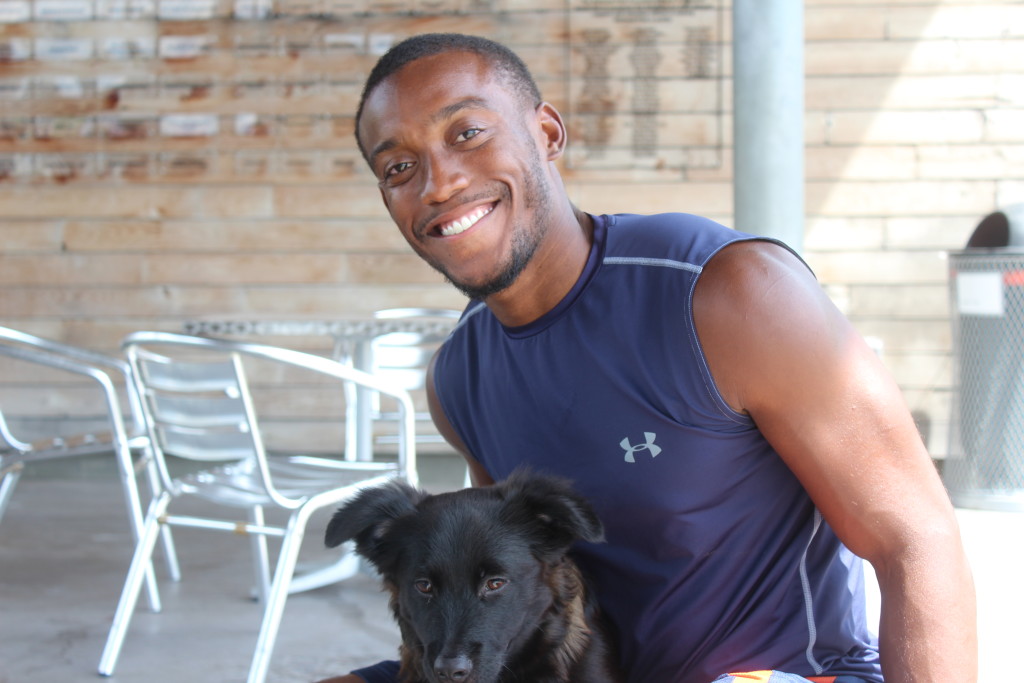
Trey Lee, a 24-year-old track coach at Spain Park, said he believes the videos need to be shared.
“Yes, it’s showing a man being killed, but people need to see the reality of what’s going on,” he said. “I think what’s sad is the people who see that and say, ‘It’s okay; he had a criminal background, and he had violent tendencies.’”
That is by definition a logical fallacy, Lee said. “It’s an attack on the person, not the topic at hand, and usually when they are attacking the person they have already lost the argument.”
Lee, who grew up in a wealthy suburban neighborhood, said he has privileges not afforded to some others.
“If I can admit that just living somewhere different and going to a school that I’m zoned for affords me certain privileges, I don’t understand how people who are born into a society that is strongly favored can sit and say that they are not privileged,” he said.
In light of the recent shootings innocent black people are forced to be complacent, Lee said. “I’m not just talking about the law. I’m talking about being complacent to the tune of ‘I won’t say anything, so please don’t kill me.’”
Brad Harper, 24, of Fairfield, who attended Friday’s protest rally at Kelly Ingram Park in downtown Birmingham, said he is torn about police.
“Some type of training has to come with being a police officer on a psychological level,” he said. “These officers who are committing these crimes, in my opinion, have some type of stigma about black people.”
Harper said he has a friend who is also a police officer. “I know it has been a hard week for him being both a black man and an officer of the law.”
‘Thin line’
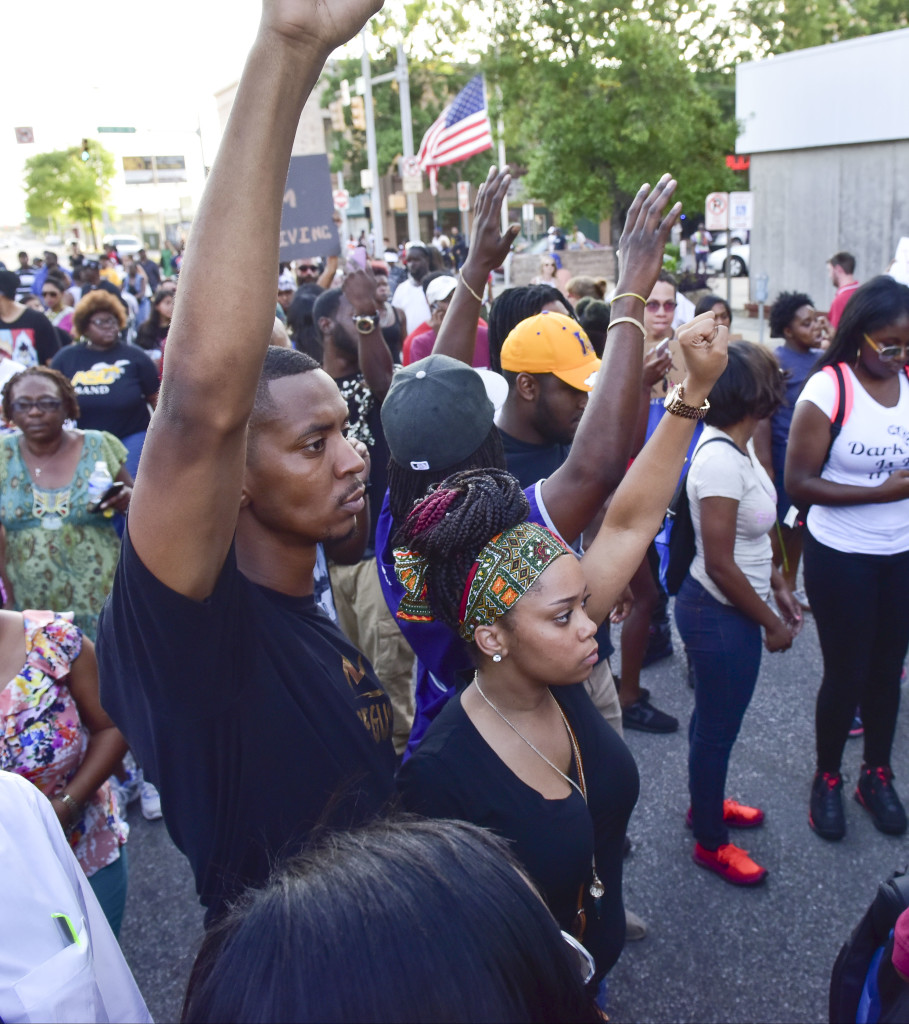
Birmingham Police Chief A.C. Roper, a 31-year veteran of law enforcement, said he understands the “thin line” of being a black man who is a police officer.
“I think we have so many officers walking a thin line who . . . grew up on what some call the wrong side of the tracks so we understand that feeling when a police car drives by or when you’re pulled over. We understand that part, but . . . I also understand the nature of the work that we do. We have got to do a better job of showing our communities that we are human behind the badge. That we are not robots. That we have feelings. We have families.”
Harper said there needs to be a town hall meeting between the black community and law enforcement.
“Community officials could hold meetings to have the people get their concerns actually heard,” Harper said.
Harper said he does not think this will change anything.
“I thought adding body cameras would change things,” Harper said. “I don’t know what could be done anymore. A police getting sent home on paid administrative leave isn’t helping, though. Take away their pay.”
Harper said he thinks it’s important for black people to equip themselves with the knowledge of the law.
“No one can take that from you,” Harper said. “Having that type of information on your side can curb the issues from escalating. If it would prevent this from happening again, I’m not sure, but having the knowledge of your rights is the best thing you could do.”
Still complying and being respectful is key, he said.
“You’re at their mercy, just do what you have to do to see another day,” Harper said.




